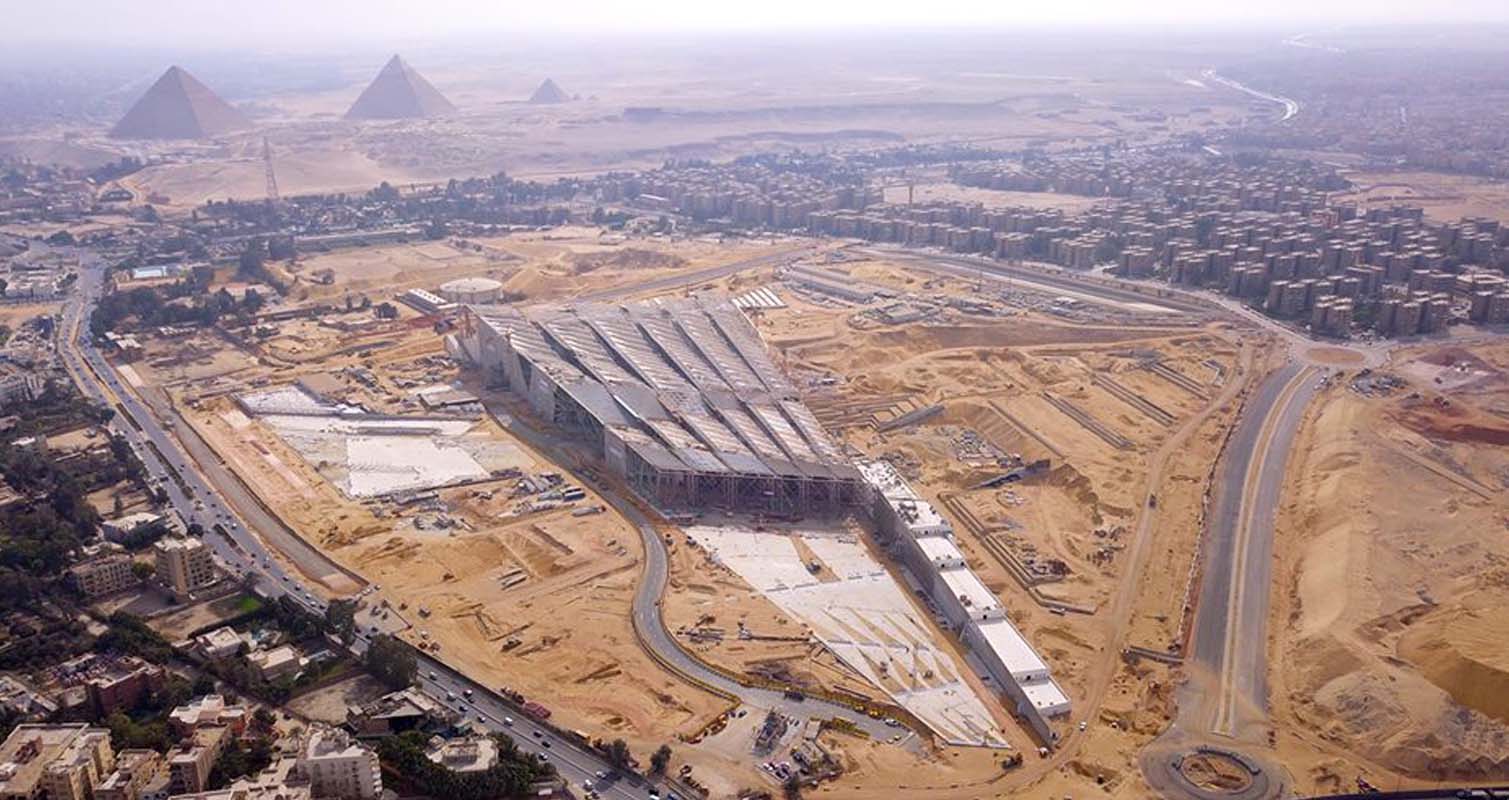As a person who swears by nation branding as an indispensable element for any country to move forward and the linchpin of Egypt’s stability and the government’s development drive, identifying Egypt’s brand identity will continue to remain my eternal quest.
Branding our nation is a massive liability for the state and individuals alike. Egypt has countless success stories to impress the world with and the country’s national image can be one of its most valued assets. And the world is there, eager to hear, support and see Egypt come back on track.
I have witnessed that firsthand during Narrative PR Summit 2018, where we brought together local and international decision makers under the auspices of the Egyptian prime minister. I have seen how the enthusiastic audience listened in awe to our story with all its ups and downs and how they were fascinated with ideas presented by ministers, entrepreneurs and sports and movie stars during the gathering.
I distinctly remember when international author and business transformation expert Gordon Tredgold, who was one of the summit’s speakers, told me after the gathering concluded “Egypt woke up.” I felt great pride in my country that I believe is lacking nothing but the faith of its government and people in the considerable significance of building its nation’s brand image and widely promoting its ancient history, cultural heritage and all major events taking place without inaccuracies or misinformation.
- Advertisement -
Among Narrative PR Summit’s key recommendations was organizing a series of mini-summits concerned with industries that could help improve Egypt’s brand image, highlight success stories and tackle challenges holding the country back.
This year, we will be working to bring some of those recommendations into effect by arranging the first summit on digital economy, financial inclusion and technological development – with topics up for discussion from internet all the way to virtual reality and artificial intelligence that has greatly enhanced productivity and innovation around the world in recent years.
The information revolution is an enormously powerful element in building nation brands, specifically in this digital era we live in where social media platforms have become increasingly influential in shaping public opinion. Likewise, the communications technology industry has a significant impact on the development of nations, as author David Holmes explains in his book “Virtual Politics”: it strengthens individuals’ sense of national belonging to a modern and developed society, a society that is capable of providing individual needs and making life easier.
I recommend that the Grand Egyptian Museum which is due to fully open next year to be Egypt’s story of 2020. With the allure of ancient history and the splendor of the neighboring pyramids and the Sphinx of Giza, the museum will be home to artifacts that have never been on view before, offering a unique story that can have a substantial impact on promoting Egypt’s brand image to a world looking forward to this grand opening.
President Abdel Fattah El-Sisi’s decision to form a committee to manage Egypt’s world heritage sites was a key move towards developing a strategic vision to manage, preserve and develop these sites, while maximizing their potential and tapping into them to achieve sustainable development. The committee can also help coordinate efforts between local and international bodies to this end.
I urge the government to involve everyone in promoting the opening of the Grand Egyptian Museum by forming a higher commission comprising influential people and experts of every specialism, while hiring brand ambassadors for the museum in several parts of the world. Young people too should be part of promoting the event in order to foster their sense of belonging and pride.
Russia, led by example in this regard during the 2018 football world cup, with Russian President Vladimir Putin taking to the streets to encourage young people to best present their country.
A small country like Singapore has successfully created a strong nation brand for itself and has carved a global reputation for itself as a well-educated, multi-cultural nation with a high quality of life by adopting a holistic bottom-up nation branding approach, as shown in a study conducted by Future for Research and Studies. Singapore has managed to create a compelling proposition to attract tourism and investment with its new positioning of “Passion Made Possible” which cuts across segments and stakeholders, thereby contributing to the strength of Brand Sing.
Technology has played a significant role in building the brand image of Singapore as a technology hub. The country has been ranked among the world’s most innovative cities. Some 75 percent of its population visited national museums and historic sites in 2015, a third of the country’s population are engaged in volunteering and youth engagement is estimated at 65 percent. All these metrics mirror a sense of belonging that has further stimulated development and promoted Singapore’s positioning at the forefront.
We can follow suit if we manage to join forces and step up efforts to create a modern nation brand. That is the key objective of our sub-summit “Narrative Disruptors” which runs in April. There still are many stories waiting be told…wait for yet another one soon.








